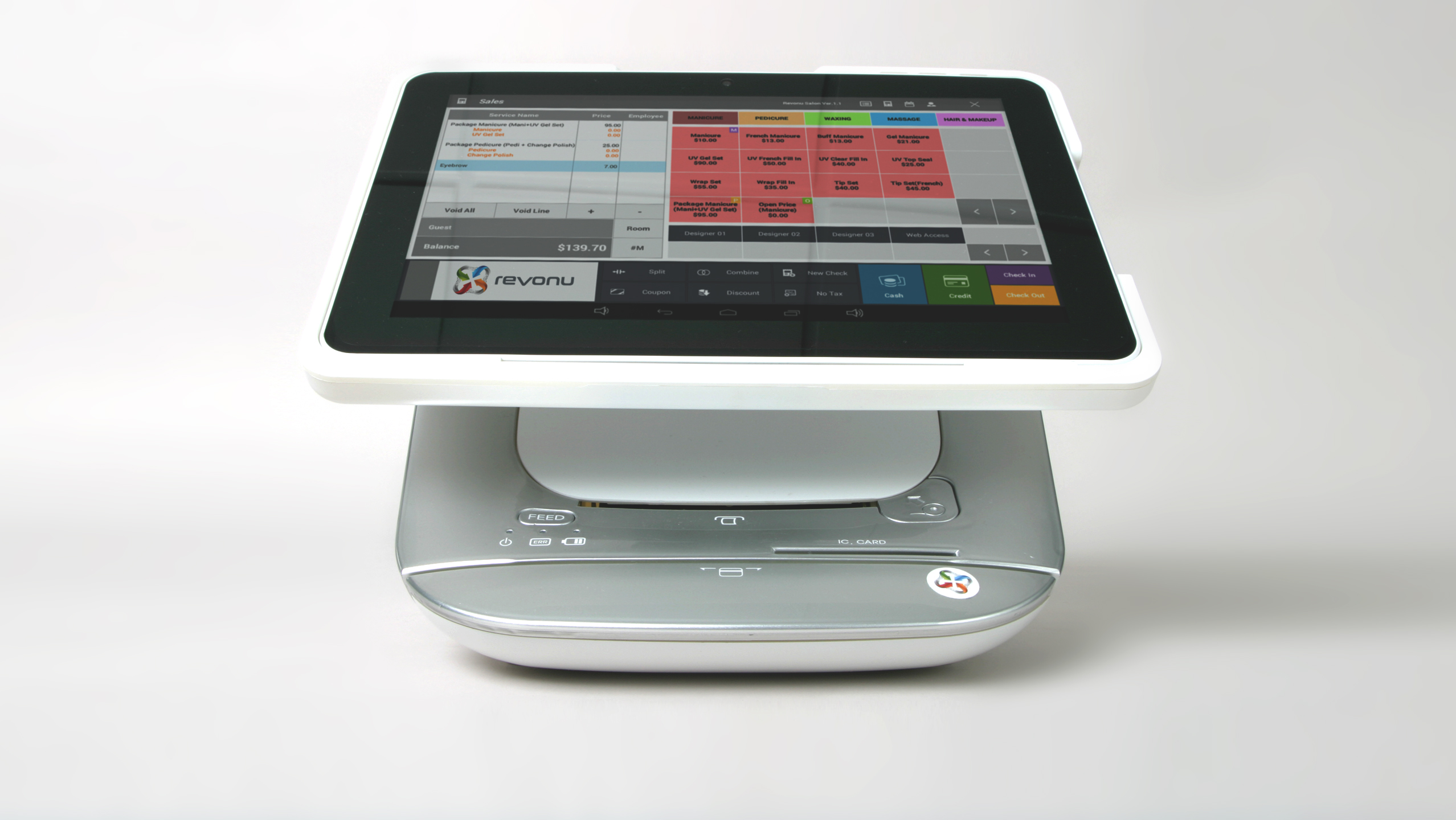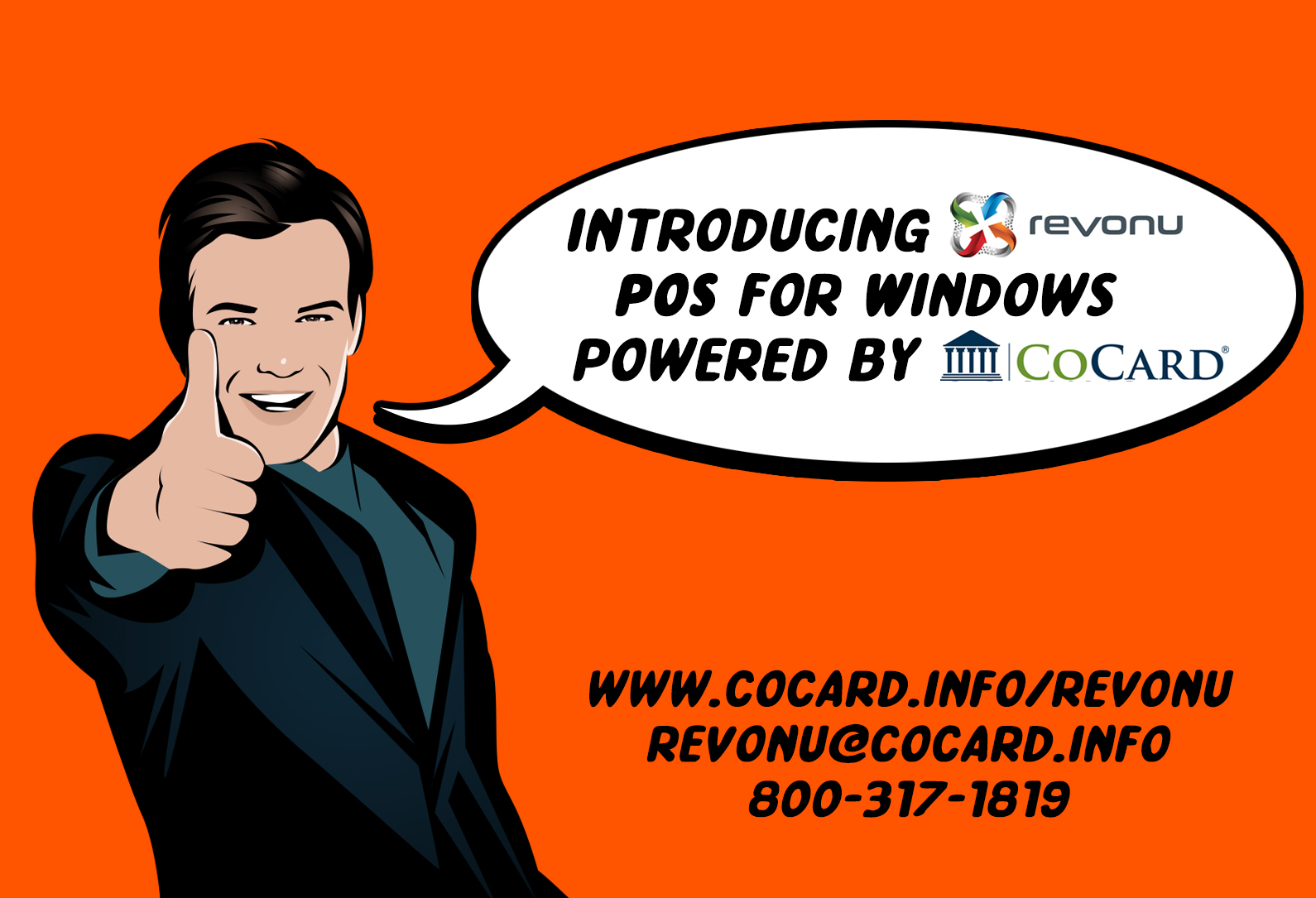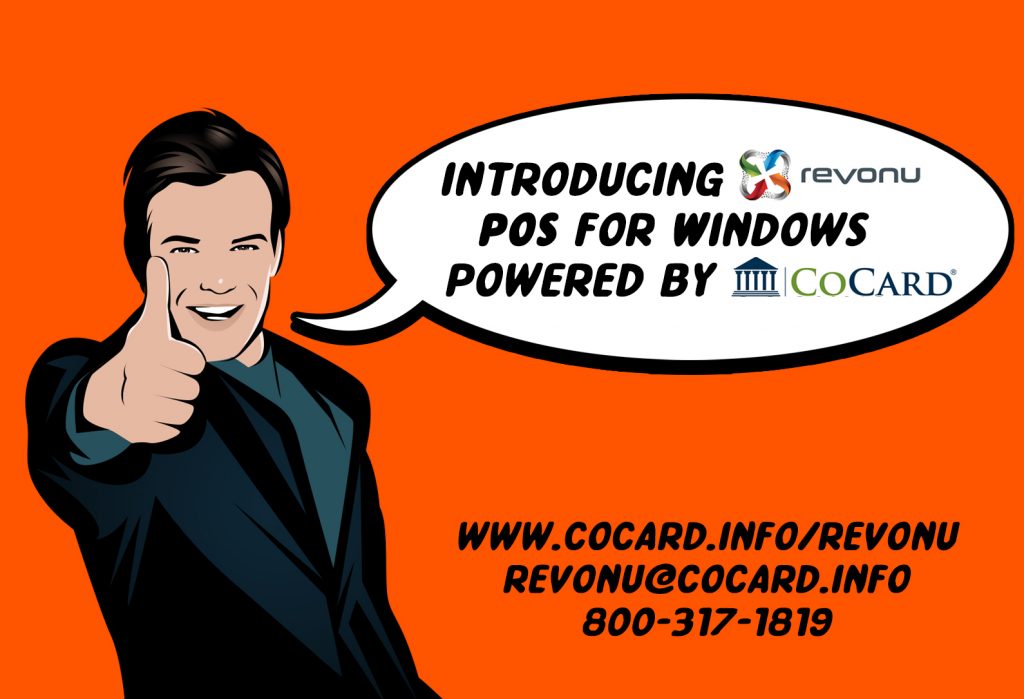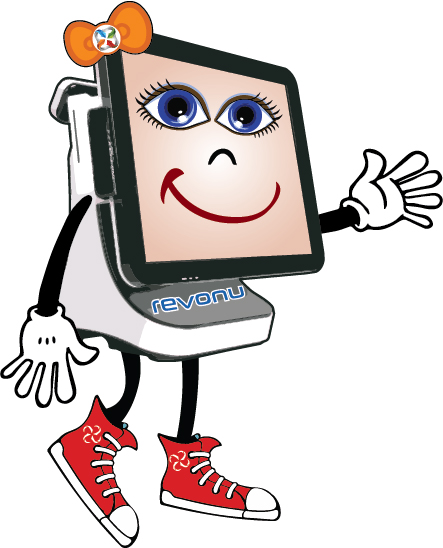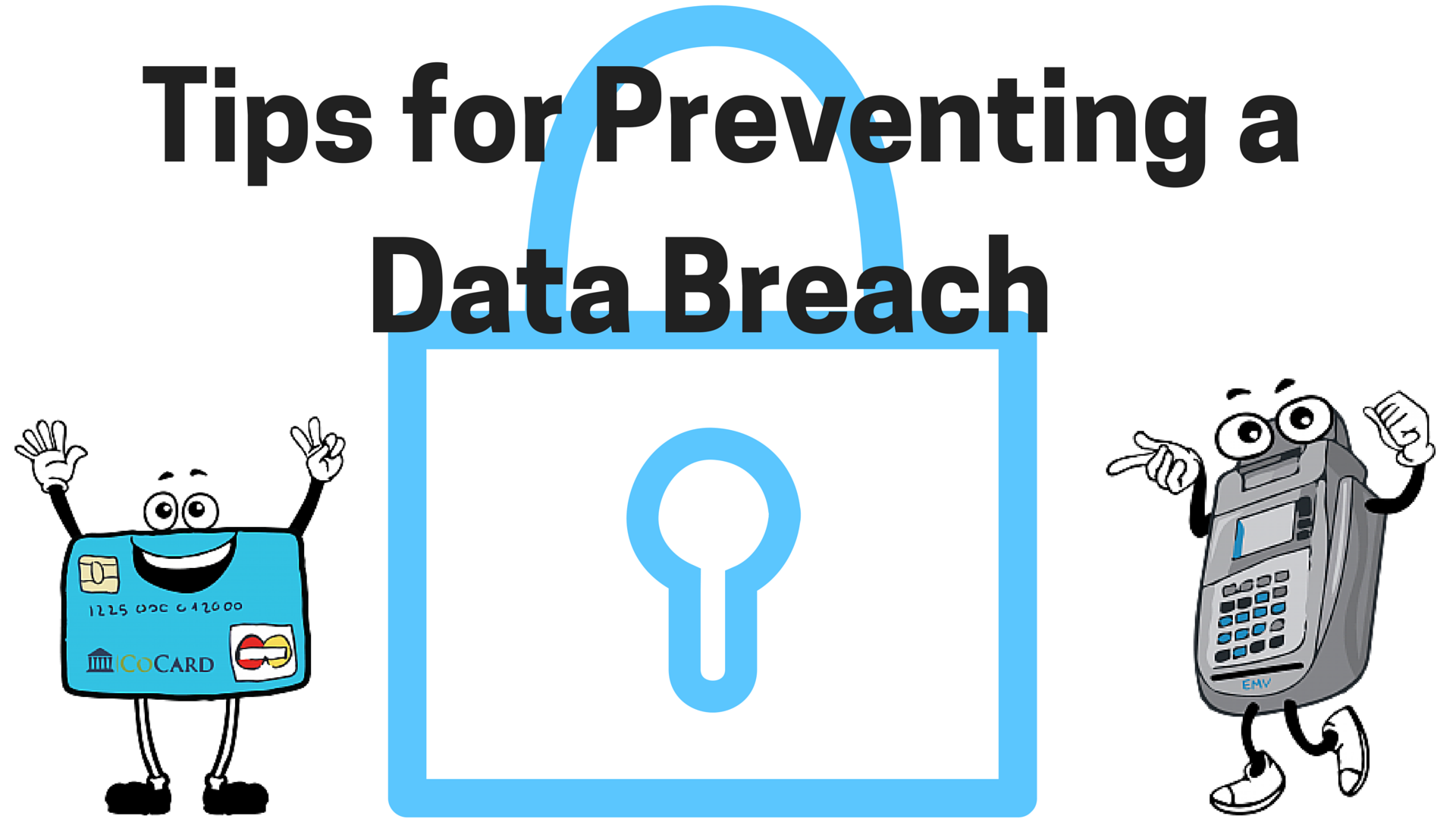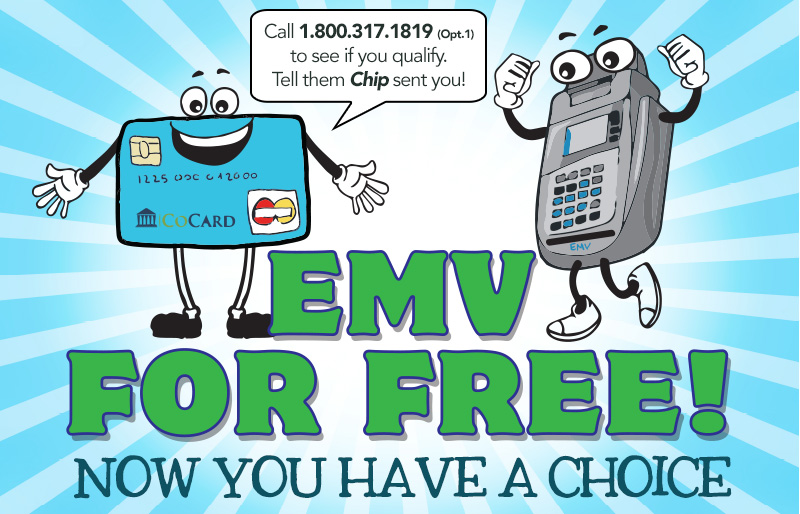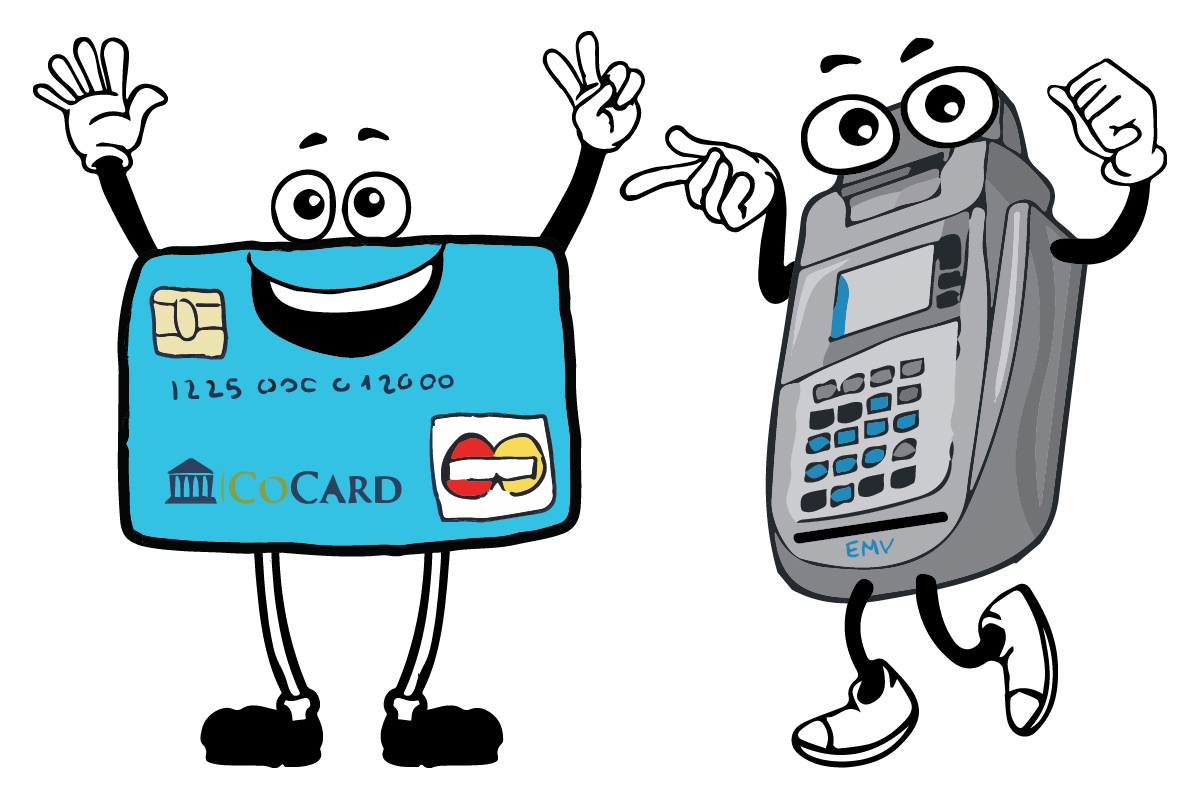6 Ways Accepting Credit Cards Can Benefit Your Business
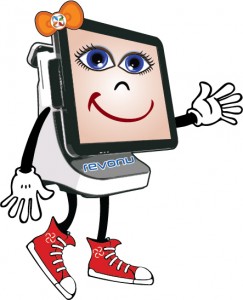
Are you wondering about the benefits of accepting credit cards for your business? Cash and check are acceptable forms of payment, but accepting credit cards adds the extra touch of legitimacy to your company. Take a look at the ways in which accepting credit cards can help your business.
- Accepting credit cards creates trust. When a potential customer sees logos of credit cards that your business accepts on an applique on your door, or noted on your website, your business becomes more legitimate because your business accepts trusted brands which are major forms of payment. The more that your business it trusted, the more likely someone is to buy from you.
- You will increase sales. Simply put, accepting credit cards will allow you to make more money because it’s one more form of payment that people are able to use to make a purchase. What business doesn’t want to increase sales?
- Credit cards offer convenience. Not everyone carries cash, and writing checks is fast becoming obsolete. However, most everyone has a credit or debit card. It is a form of payment that is carried by many people, and accepting it allows a person to make a purchase without the hassle of having to worry about using either cash or check.
- People are more willing to make a purchase with a credit card. People are more willing to buy on impulse using a credit card because of the amount of money on the line of credit.
- You can grow your business to include online sales. Online purchases generally require a credit or debit card to make a purchase. Accepting credit cards will allow you to conduct business online and, as #2 suggests, increase sales in the process.
- Payment snafus are eliminated. The beauty of a credit card is that it is declined immediately, so you don’t have to worry about your business losing money to a bounced check.
These are just a few ways in which accepting credit cards can make your business more profitable, and really, who doesn’t want that? Give COCARD a call today, we would love to help you find the perfect processing solution for your business! For more information about credit card processing, point of sale solutions and more call 1-800-317-1819 or email at info@cocard.info.
Read MoreRead More
Apple Pay Expands to Canada

If there wasn’t any before, Apple Pay’s recent expansion has given merchants throughout the country of Canada a strong incentive to provide point of sale solutions compatible with the service. Although Apple Pay isn’t necessarily a service that is new to Canada, May 2016 marks the first time that customers will be able to make transactions with cards not exclusive to American Express.
For those that aren’t familiar, Apple Pay is a relatively new mobile payment feature powered by Apple that allows customers to pay for goods and services through their iPhone, iPad, or Apple Watch. Launched in October 2014, the application is synced with a user’s credit card and is utilized by holding your device near the contactless reader on a merchant’s POS system. The application then requires a user’s fingerprint Touch ID to authorize the transaction, and is a replacement for traditional ‘Chip and Pin’ or ‘Chip and Signature’ security methods.
Although Apple Pay has been available in Canada since November 2015, it has only recently become available for merchants that process cardholders not affiliated with American Express.
On May 10, Apple Pay’s services were expanded to customers of Royal Bank of Canada, Canadian Imperial Bank of Commerce, ATB Financial and Canadian Tire Bank. This expansion now supports Visa, Mastercard, and Interac, servicing a majority of cardholders in Canada. Services will be further expanded to TD Canada Trust, Scotiabank and the Bank of Montreal in order to fully accommodate Canada’s ‘Big 5’ banks, as well as two additional credit unions (iMore).
Apple Pay has potential to make a big splash in the Canadian market, primarily due to its cooperation with banking institutions. American Express is infamous for charging higher processing rates than its competitors, so Apple’s expansion beyond AmEx as sole proprietor of mobile transactions greatly increases its potential consumer base. In terms of customer protection, LoyaltyOne’s Senior Director of Research and Development believes that Apple Pay’s combination of security and branding are among its strongest selling points in foreign markets.
“Trust and security has remained a big issue with digital wallet adoption to-date, but studies show that consumers are more likely to adopt a mobile wallet platform and engage with the app if they trust a brand, and because banks are some of Canada’s most trusted brands, they are well-poised to get the most out of this digital trend,” says Berry. (MobileSyrup).
Having anticipated this major market shift, CoCard is fully equipped with a number of POS solutions that can quickly and efficiently service Apple Pay users in the United States. For more info about Apple Pay devices, call CoCard today at (800) 317-1819 or email at info@cocard.info.
Read MoreRead More
Tips for Preventing a Data Breach
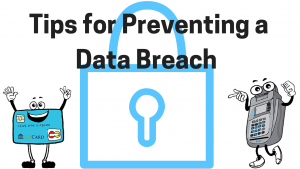
When you think about data breaches, your mind probably jumps to the highly publicized incidents of companies like Target and Home Depot. Small business might think they don’t need to take security measures–but that’s not the case. Small business are as susceptible to data breaches as large corporations, and may actually be at greater risk.
Stephen Cobb, a senior security researcher at ESET, says that hackers like to target small businesses because they have more digital assets than a single customer, and not as many security measures put into place as a large enterprise. According to QSR magazine, small businesses like restaurants, are data-thief magnets because they process an abundance of credit cards and often use POS equipment.
Protect your small business with these data breach prevention tips from Chip and Terminal:
1. Be Proactive
- Routinely check your POS systems to make sure they haven’t been tampered with.
- Don’t wait for a problem to arise. Perform regular vulnerability assessments- once a week is advisable. These tests should be conducted on all systems associated with your network.
2. Make sure your credit card processing network is secure
- Be sure adequate firewall and virus protection measures are put into place.
- Make sure your technology is secure and PCI compliant.
- Avoid combining your network with your in-store free Wi-Fi. Make sure any open Wi- Fi networks your customers may use is on a separate network from the one where you process your credit cards.
- If your devices are not properly installed, configured, and managed, you are taking on a large risk.
3. Hold your employees accountable
- Train your employees on proper security measures. Creating a culture in your business that is more security-minded can help eliminate mistakes that may lead to a data breach. If your employees are knowledgeable and diligent in regards to your network’s security, they will be better able to notice atypical behavior.
- Discuss with your employees the best way to optimize credit card security. Remind them that handling credit cards and physical cash is similar. There is a lot of responsibility that comes with handling money and information. Limiting how much employees handle credit cards out-of-sight can help prevent dishonest employees from stealing customer information.
- EMV technology in the U.S. is catching up to the rest of the world after the 2015 EMV mandate. The chip that is embedded in EMV cards is encrypted and creates a new code every time the card is used to make a purchase, making the card unable to be replicated and more secure than a simple magnetic stripe card.
- If a fraudulent charge has been made with an EMV enabled card, but a merchant doesn’t have the technology to process an EMV card, the merchant must accept the charge as a loss. Because of the liability shift it is critical that merchants invest in a processing system that accommodates EMV chips, whether they choose an EMV- enabled terminal or Point- of- Sale system.
- The prevalence of EMV cards makes a data breach less likely because it is a lot harder for hackers to target individual cardholders as well as the businesses that accept them
If you would like more information on how to update your POS system and how to be more secure, including switching to EMV compliant technology, contact us at 800-317-1819!
Read MoreRead MoreThe EMV Files: A Conversation with Chip and Terminal
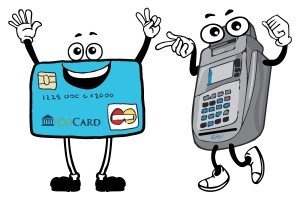
Last week we introduced Chip and Terminal, who have a lot to say about EMV, mainly because they are the main components in EMV technology. So we were lucky enough to be able to book a slot on their busy schedule this fall season to interview them and ask them a few questions. Personally, we think they’d be great on Bravo, but they might have competition with a real housewife or two.
COCARD: Hi Chip. Hi Terminal. We’re so glad that we could ask you two a few questions about EMV. Really, we’re honored. Could you just start by telling us a little bit about yourselves?
Chip: Sure, well I’m Chip, and I’m the small chip that’s embedded in credit cards with EMV technology. Banks have already started transitioning to cards including yours truly, and plan on having all cards in the US utilizing EMV technology within five years.
Terminal: I’m Terminal, and all cards containing chips, will be dipped into terminals to be read. I like to say that I give new meaning to dipping the chip. I provide a one-time code to authenticate the card. Because of this, your data is protected, preventing a person from stealing a code that is only good for one transaction.
COCARD: So when did you first realize that you worked so well together, that you were a great team?
Terminal: I’ll take this one Chip. We’ve had a couple of countries really benefit from EMV technology. There’s the UK, which reduced fraud by more than half between 2004 and 2013 upon implementing EMV cards. Then there’s Canada, eh, that started the EMV roll-out in 2003 and reported fraud of $29.5 million (CAD), down 79% from 2009, which was $142 million (CAD). So I would say that it’s taken some time to see the effects, but in the past few years, we’ve really seen the impact that EMV cards have had in reducing fraud for many countries around the world.
COCARD: EMV is new for many business owners. So I’m sure you understand how such a change might make people anxious. What would you say to assuage the fears of business owners everywhere?
Chip: Well, first the sky is not falling. It might seem like it, but it’s not. The proof is that it’s already been successful in other places, and the US is simply one of the few developed nations that has not adopted this technology. EMV, through its authentication process, is really what makes these cards, our cards, more secure. So they are a safe and secure way to pay for things. We think that any business owner can appreciate the feeling of comfort that security brings. The big thing for business owners to remember is that banks have a five year plan and that only 21% of US cards will have the embedded chip by the October 1st liability shift..
COCARD: Anything else you’d like business owners out there to know?
Terminal: We just want you all to stay informed. Keep learning. The more you know, we think the less you’ll feel out of your element with something that can benefit your business.
COCARD: Thanks Chip. Thanks Terminal. You were both great. We appreciate that you were able to take time out of your busy schedules—you two are in high demand—to spend a few minutes with us at COCARD. Have a great day.
Chip: You too.
Terminal: Yeah, thanks COCARD.
Read MoreRead More- 1
- 2


